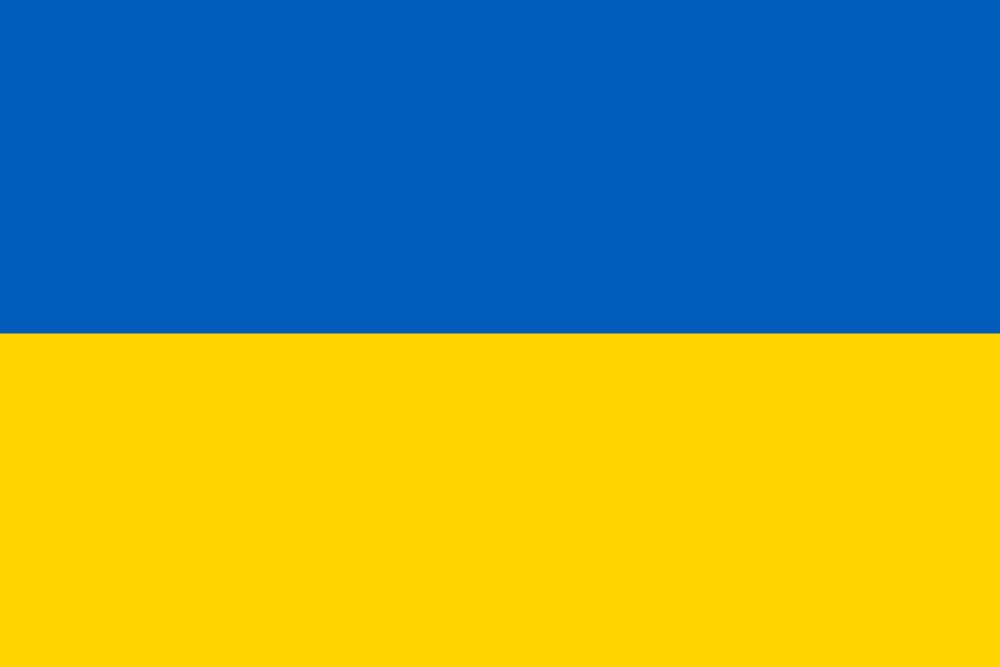On 28th February, the Russian Federation army have continued to shell strategic infrastructure facilities (including the Berdyansk seaport), as well as residential buildings and other civilian buildings. Russian troops that are heading towards Kyiv, are trying to bypass the city to the southwest as the northwest, which is still fairly well protected. Kharkiv is experiencing continuous and indiscriminate artillery shelling. Today the head of the Kharkiv Regional State Administration has referred to this as an attempted ‘genocide’. The morale of the Russian troops is declining as the offensive slows down. Their presence has not been welcomed by the population. Moreover they have faced unexpected resistance. For the past two days, clear weather has made it possible for Ukranian troops to use the Bayraktar UAVs that are capable of destroying supply columns, fuel tanks and machinery. For the first time Russians—including military and civilian officials, public figures, and soldiers’ mothers—began to talk publicly about fatalities.
Conflict Developments
Environmental Dimensions
The greatest threat to the environment is still the gradual encirclement of several nuclear power plants by the Russians; in particular, today they announced the encirclement of the Zaporizhzhia NPP. This has resulted in the possible uncontrolled operation of specific nuclear facilities. Conflict near these facilities has increased their vulnerability to collateral damage. An IAEA emergency meeting on security at Ukrainian nuclear facilities is expected to be held on March 3.
Negotiations
The first round of talks between Ukraine and Russia took place in Belarus. The Ukrainian delegation included: Davyd Arakhamia, head of the Servant of the People faction; Oleksii Reznikov, Minister of Defence of Ukraine; Mykhailo Podoliak, Advisor to the Head of the Office of the President; Andrii Kostin, First Deputy Head of the Delegation of Ukraine in the Trilateral Contact Group; Rustem Umerov, People’s Deputy; and Mykola Tochytskyi, Deputy Minister of Foreign Affairs of Ukraine. The Russian Delegation was led by Presidentual Aide Vladimir Medinsky, and included Leonid Slutsky, the head of the Russian parliament’s international affairs committee. The key issue raised by the Ukrainian side was an immediate ceasefire and the withdrawal of troops from Ukraine. The commitment to a second round of talks is the major success of the talks. However, after their completion, Russian Federation forces intensified missile strikes, including on Ukraine’s capital, Kyiv.
International support for Ukraine. International support for Ukraine continues to increase in tangible ways. On February 28th international sanctions increased when the US administration announced additional sanctions against Russia’s central bank. A rare emergency special session of the General Assembly was held in New York to discuss the crisis. At the same time, Ukraine applied for the expulsion of the Russian Federation from Interpol and Ukraine also filed an application with the European Court of Human Rights (ECtHR) demanding that the Russians be forced to cease firing on civilian targets. Ukraine has applied to join the EU today. There is prior support from European officials, but without clear deadlines. However, EU officials have already stated they are awaiting this application for an expedited.
Humanitarian Dimensions
The issue of refugees and internally displaced persons is becoming more and more challenging, both due to the shelling of civilian infrastructure, to the gradual reduction of evacuation options as a result of the destruction of roads and bridges, and to the existence of ongoing combat operations on major transport routes (in particular, on the Zhytomyr highway near Kyiv). Calls to establish a humanitarian ceasefire and the establishment of humanitarian corridors have gone unanswered until now. There is an emerging humanitarian crisis in Luhansk region as a result of the combat operations; in Donetsk region, Russian troops have fired ‘Grads’ [multiple rocket launcher systems] at vehicles sent to evacuate the population from Volnovakha In the coming days, the humanitarian crisis will become acute in Hostomel, Buсha, Irpin, Vorzel—satellite towns of Kyiv where the largest number of combat operations are taking place. In a few days goods and medicine will become scarce. People with chronic illnesses are not able to receive systematic help and support from social services amid the shelling. Children are facing multiple vulnerabilities—they are facing threats to their livlihoods and risk to life, they have no access to education, and they cannot receive stable medical care. Humanitarian aid from various countries started arriving in Ukraine albeit logistics for its delivery is more and more complicated.
This Ukraine Situation Report is prepared in the framework of the project “Building Resilience in Conflict Through Dialogue” funded by the European Union
Read another digest
Thank you.
Your message has been sent successfully! We will respond to you shortly.


